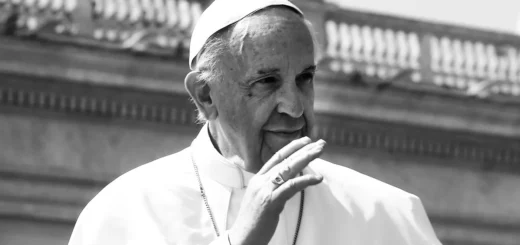Reconciling Christianity and homosexuality
The text was taken from: Christianity and homosexuality : contradictory or complementary? a qualitative study of the experiences of Christian homosexual university students, authors S. Nkosi and F. Masson, South African Journal of Higher Education, Volume 31, Number 4, 2017, pp.80-81
Subhi et al. (2011, 13) conducted a study exploring the challenges faced by Christians who are homosexual in their attempt at reconciling their sexual orientation with their religious and spiritual beliefs. Their results showed that the church proposed that the best way to deal with homosexuality is for the individual to deny and overcome their homosexual feelings.
Many of the participants in the study adopted this approach, which resulted in deleterious effects to their mental health, as they experienced depression, guilt, anxiety, suicidal ideation, and alienation.
In another study, Rosario, Scrimshaw and Hunter (2011, 3) examined the link between acceptance, disclosure of sexual orientation and ‘positive affectivity’ (They define positive affectivity as a state of mood that embraces happiness and satisfaction).
The findings of the study showed that the more open an individual was about sexual orientation the higher their self-esteem and positive affectivity.
The most common source of conflict for Christians who were trying to accept their sexual identity is often religious teachings about homosexuality. This conflict was the main finding of Schuck and Liddle’s (2001, 63) study which explored the religious conflicts experienced by homosexual individuals.
Their participants all said that their priesthood or religious denomination taught that sex between members of the same gender was a sin or that Nkosi and Masson A qualitative study of the experiences of Christian homosexual university students
homosexual people were immoral.
Another frequently mentioned source of conflict was that the church condemned non-marital sex, which dictates eternal celibacy for homosexuals as most countries do not accept homosexual marriages.
Participants felt that there was no place for homosexuals in the faith in which they were raised due to the prejudicial and discriminatory views that emanated from the church. Waidzunas (2015, 171) explains that often Christian gays live painful lives in the ‘toxic closet’, as a result of the fear of condemnation.
Conflicts of religion and sexuality, and the effects on homosexual individuals
The cognitive and emotional effects experienced by homosexuals that could arise from the conflict between religion and homosexuality were explored in a study by Subhi et al. (2011, 19). In the study it emerged that only a few homosexual Christians were left unaffected by the conflicts they faced because of their contravening sexuality and religion.
The fear that they would go to hell or that God had rejected them was the most prominent concern. Feelings of guilt and shame were common as participants felt judged by their religious communities and were made to feel less than human. Participants often felt depressed, had feelings of self- loathing or were suicidal.
Coming to terms with their sexuality is not always an easy process due to the religious conflict. Schuck and Liddle (2001, 63) found that homosexuals identified their homosexual friends as most helpful in dealing with the conflict of being homosexual and Christian.
Talking to family members, romantic partners or seeking professional help also assisted. Reading books that addressed the topic of homosexuality and religion also enabled them to gain perspective.
Some respondents stated that joining religious homosexual congregations was helpful as they did not feel judged and condemned by members of these congregations. Rodriguez and Ouellette (2000) identified common strategies adopted by homosexuals when working through these religious conflicts.
These included, firstly, rejecting the religious identity of a Christian and becoming atheist or joining a religion that accepts homosexuality; secondly, rejecting the homosexual identity and striving to be heterosexual; and thirdly, developing the skill of ‘compartmentalisation’, when a compromise between two contravening identities is reached. By keeping the two contravening aspects rigidly separate, conflict resolution is achieved.
They are kept separate to avoid conflicting prescriptions for behaviour. A final strategy included, identity integration when homosexual Christians are able to successfully integrate the two contravening identities into a single, new, workable understanding of the self, being a Christian homosexual.



